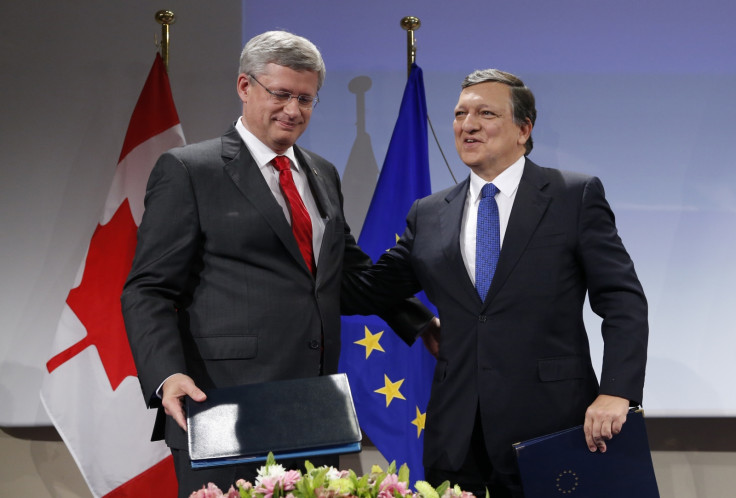Free Trade Agreements Too Complex and Ineffective, Study Finds

The effectiveness of free trade agreements has been called into question after a report found that just 26% of Asian exporters benefit from treaties affecting their region.
The survey, conducted by the Economist Intelligence Unit on behalf of HSBC, comes in a week when the EU signed on the dotted line with Canada and the UK government moved to reassure voters over some of the more controversial tenets of the Transatlantic Trade and Investment Partnership (TTIP) under negotiation with the United States.
The survey found that when used, Asian free trade agreements (FTAs) can be beneficial and that 86% of those that use them report increased exports. However, their complexity and the unattractiveness of the markets with which they're signed mean exporters largely haven't used them.
In total, 800 senior executives from 800 companies in Australia, China, Hong Kong, India, Indonesia, Malaysia, Singapore and Vietnam were quizzed. Of these, 44% had limited or no understanding of free trade agreements while 50% said they want to know more but feel there isn't enough transparency around them.
Despite this, 78% of respondents want their governments to sign additional treaties, with the same figure wanting the agreements to be more comprehensive.
According to statistics from the Economic and Social Commission for Asia and the Pacific (UNESCAP), Asia-Pacific accounted for 37% of global exports in 2012, with 11% of these coming in China.
The countries which were surveyed operate a host of FTAs. Australia, for instance, has bilateral agreements with New Zealand, Chile, the US, Malaysia, Singapore and Thailand. It has signed FTAs with Japan and South Korea, which have yet to be ratified, while it is discussing treaties with China, the Gulf Co-operation Council (GCC), India, Indonesia, the Pacific islands and the enormous Trans-Pacific Partnership, which would cover 25.6% of world trade.
While China is a participant of fewer FTAs, the number has been increasing in recent years as it becomes more dominant on the global trade stage. This year, it signed its first European FTAs, with Iceland and Switzerland.
This week, talks between Beijing and Taipei resumed over a potential FTA which would expand trade between erstwhile sparring partners China and Taiwan.
© Copyright IBTimes 2025. All rights reserved.






















